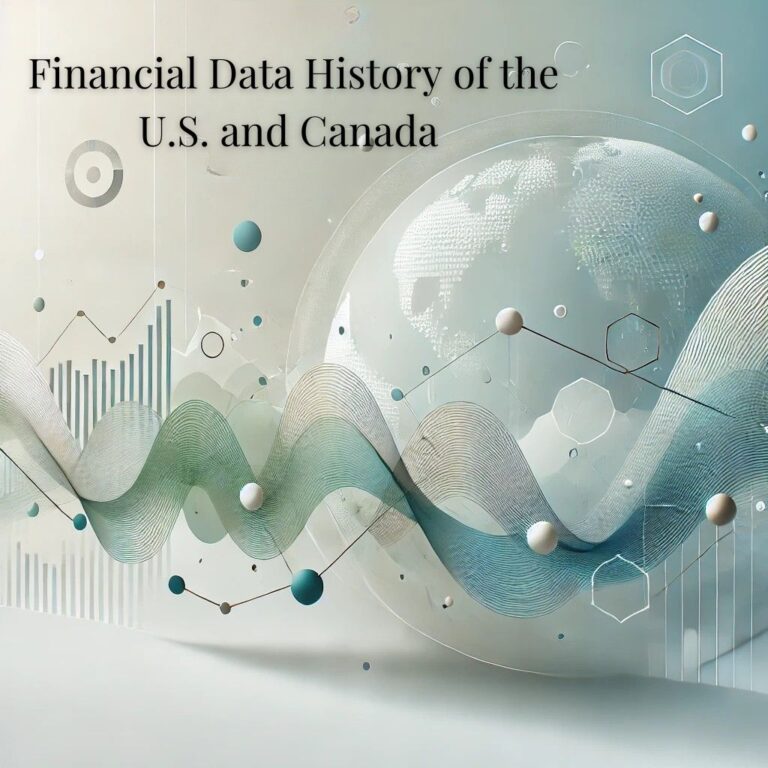
The rise of cryptocurrencies has brought incredible innovation but also significant challenges. The recent criticism faced by online influencer Hawk Tuah regarding his promotion of crypto coins highlights the need for thoughtful regulation and education in this rapidly evolving sector.
The Challenge of Regulation in Financial Markets
Cryptocurrencies, unlike traditional financial instruments such as mutual funds or publicly traded stocks, exist in a largely decentralized and volatile environment. This lack of central control, while attractive to many who are skeptical of governments and central banks, makes it easier for bad actors to exploit less-informed investors. While calls for Cryptocurrencies regulation are valid and necessary, it’s crucial to acknowledge that regulations can become outdated over time. A rule that makes sense for a mutual fund or an Initial Public Offering (IPO) in a stock might not apply effectively to the decentralized nature of cryptocurrencies.
For instance, mutual funds ETFs, and other publicly traded securities have long been regulated by government bodies and Self-Regulating Organizations (SROs) to ensure transparency and investor protection. IPOs for publicly traded companies undergo rigorous scrutiny to ensure all material risks are disclosed to potential investors. Crypto markets, however, often operate in a gray area, where traditional frameworks may fall short. A balanced approach is needed—one that protects investors without stifling innovation.
Education as a Litmus Test for Financial Integrity
A major problem with crypto investment is that coins are often promoted by people who are unqualified and not regulated. The Hawk Tuah case underscores the importance of financial education and licensing. The quality of education offered by an influencer, financial advisor, or company can be a revealing indicator of their integrity and commitment to their clients. Working with an advisor who has earned a well-respected designation such as the CFA, CFP®, or CPA is a good way to ensure you are working with someone who is qualified to provide quality advice, is committed to providing the best advice possible to their clients and are held to the highest ethical standards. Investing is complex and it is important to work with an advisor who is a fiduciary and is required to put their client’s interests first.
Well-established financial institutions and licensed advisors make an effort to educate their clients, whether about the benefits of diversification, the risk and reward relationship of investing, or the regulations that govern different types of investments. Conversely, a lack of proper education often accompanies questionable advice and commissioned product sales.
The Risk of Unlicensed Advice
One of the glaring issues in the cryptocurrency space is the prevalence of unlicensed advice. Unlike traditional financial markets, where advisors must be licensed and follow strict regulations, the crypto world is rife with influencers who may lack the credentials or understanding necessary to provide sound guidance. This can lead to disastrous consequences for unsuspecting investors.
A regulated environment ensures that those giving advice on traditional investments, such as mutual funds or stocks, have the minimum required expertise and adhere to ethical standards. For the most part, regulations exist to protect investors and consumers. They slow things down and make investing more expensive but are necessary to have properly functioning markets. Most regulations were put in place because of previous fraud schemes and lawsuits where investors lost money.
There have been several documented cases of crypto-related fraud and lawsuits, highlighting risks to the financial market, but we have not yet gotten any meaningful crypto regulation. Spot-price Bitcoin ETFs were approved by the SEC in 2024, providing a more regulated environment for crypto investments. However, more encompassing regulation is still needed to ensure that toxic assets, which could harm market stability, are adequately addressed. Crypto investors deserve the same level of protection as other types of investors.
Conclusion: Beware of Speculative Investments and Work with a Qualified Professional
The Hawk Tuah controversy serves as a cautionary tale for both investors and regulators. It highlights the need for:
- Updated Regulations: Frameworks that evolve alongside market innovations to protect investors without hampering progress and help individuals save stock investments from unnecessary risks.
- Investor Education: Robust education initiatives from credible institutions and qualified advisors that empower individuals to make informed decisions to grow and save stock portfolios.
- Licensed Advisors: Ensuring those offering financial advice are qualified and held to high ethical standards, providing guidance that helps investors effectively save stock value over time.
As the financial world continues to intersect with the digital revolution, the responsibility lies with regulators, financial institutions, and investors themselves to create an environment where innovation can thrive alongside security and trust. Whether dealing with a mutual fund, private investment, IPO, or the latest cryptocurrency, informed decision-making should always be the foundation of financial success.
Reach out to us at 49thparallelwealthmanagement.com and let us know how we can help. From the Desert to the Tundra, we are your cross-border retirement experts!







